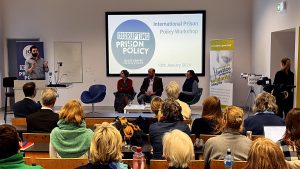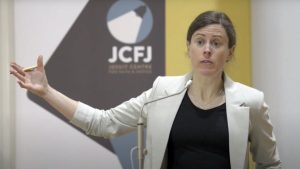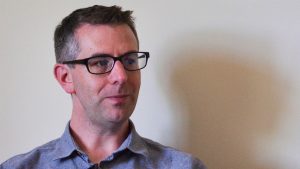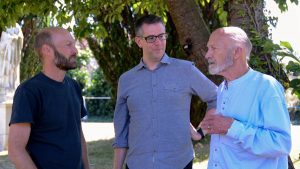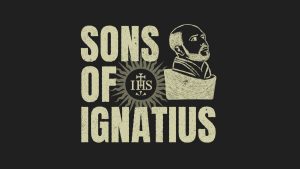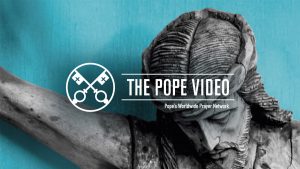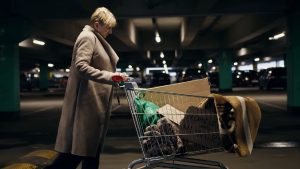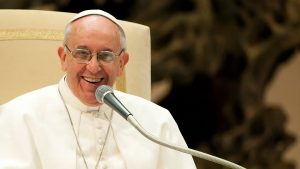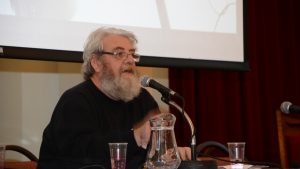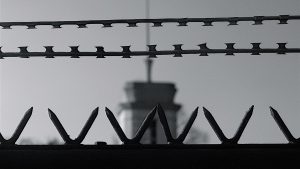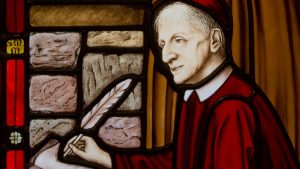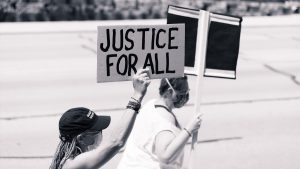Critiquing euthanasia from a disability perspective
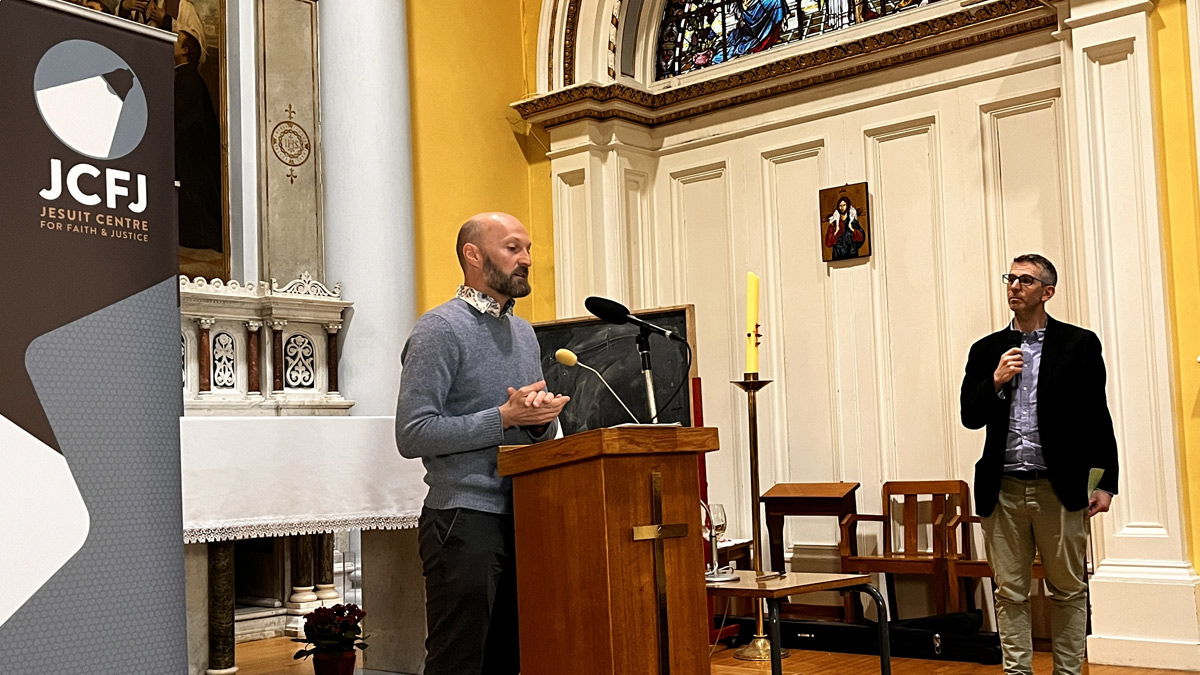
The third Annual Lecture of the Jesuit Centre for Faith and Justice » took place in Gardiner Street on 25 April. It was given by Professor Brian Brock, who addressed the title ‘Enabling death? Euthanasia from a disability perspective’. Professor Brock, who holds a personal Chair in Moral and Practical Theology at King’s College, University of Aberdeen, has taught and written extensively on a theology of disability, connecting it with the larger issues of incarnation and human creatureliness. Himself the father of a child, Adam, with special needs, he challenges misconceptions about disability and traces the influence of neoliberal capitalism in creating a stigma around the subject.
In his JCFJ lecture, Professor Brock noted that modern culture has left us distanced from death in a way that is unprecedented in human history, and this in turn generates “a fear of death so strong that it becomes the secret centre of our living”. “When we want neither to die nor to think about dying,” he continued, “that fear can create ideological screens by which we hide death from ourselves”; and dying thus becomes an unbearable and tragic affair that we yearn to take in hand. “I want to suggest,” he said, “that this practical inexperience of dying is the condition for so much of our contemporary talk of death” – death becomes unreal, fear-laden, “almost like a bogeyman”.
According to Professor Brock, the early Church understood the priority of spiritual over physical life so clearly that they gloried in the willingness of the martyrs to give up their physical lives in gratitude for the new spiritual life they had received in Jesus Christ. It is out of this understanding of things that a ‘theology of creaturliness’ emerges: “We will die; and a theology of creaturliness helps us to accept ourselves in all of our contingency – as having high cholesterol, living in a country with good or bad healthcare, as children with parents with dementia, and so on.”
Central to Brock’s argument is his assertion that when modern people buy into a conception of death as merely the end of life rather than as an event that inaugurates a new spiritual life, they capitulate to the ideology of capitalism: “The death of the Christian God left a vacuum, filled by capitalism, which is inflated to become a master story organising secular people’s experience of life and death.” Death in this instance is nothing more than the end of all pleasure, acquisition and consumption. As people age and so become less productive and efficient agents of capital, it becomes easy to frame things in terms of social and financial costs and to foment in ageing people a sense that it is their responsibility not to impose a burden on working people and on society.
The implications of this way of thinking on disabled people are dramatic. People who receive any kind of social benefits are made to feel a kind of opprobrium for their care, as a drain on the public purse, but when it comes to the costs involved in the care of disabled people, the matter is all the more acute. The pressure to avoid being a burden is much greater. This attitude has now acquired a respectability in the public square that would have been unthinkable if there were not widespread public agreement about what counts as economic responsibility. As an instance of this, Professor Brock cited Richard Dawkins’s comments in 2014 that it would be morally indefensible for the mother of a Down’s Syndrome child to knowingly not abort, given the drain on the public purse implicated in such an irresponsible course of action: “So we live in a society in which our economic logics appear to be systematically depressing the value of the lives of the old and unproductive, and with them all who depend on the support of others.”
The Ignatian Chapel in Gardiner Street was full for Professor Brock’s lecture, and the attendants were deeply impressed with the depth and wisdom of its vision of the value of human life. The text of the address will appear in an issue of Studies: An Irish Quarterly Review », a cultural journal of the Irish Jesuit province, later this year.




